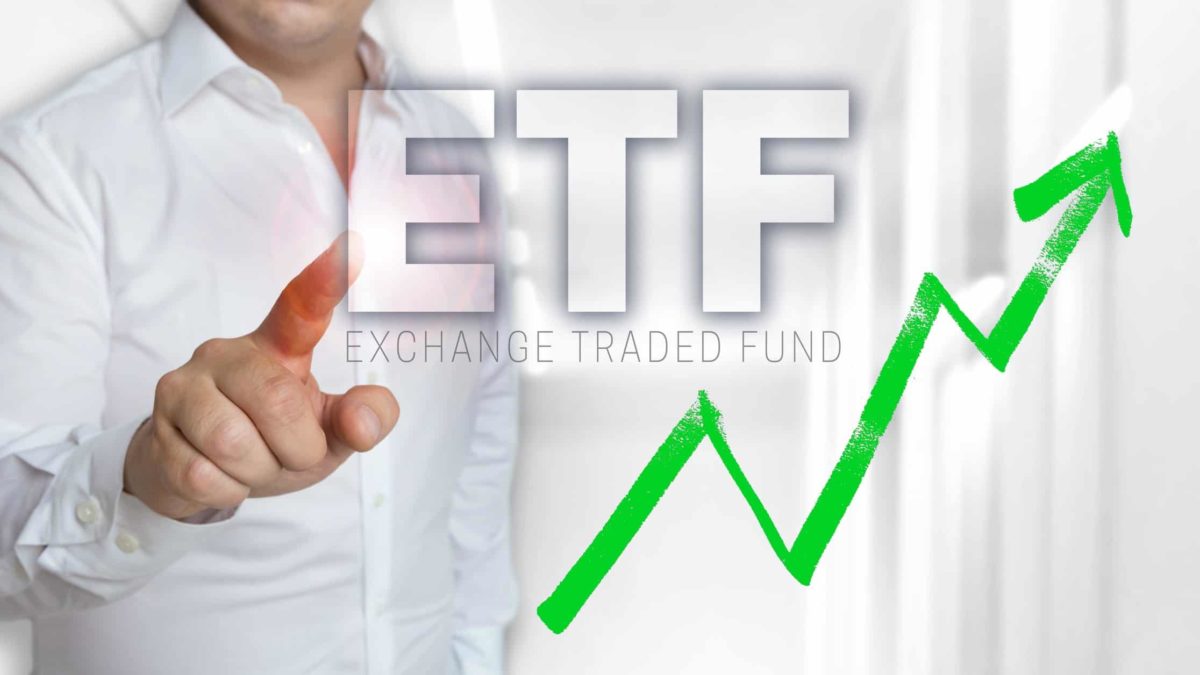
Croatian GDP is expected to grow by 3.7% this year and by 3.3% in 2025, while inflation, which reached 4% this year, is expected to fall to 3.
5% next year. This is according to the latest estimates of the Croatian National Bank (HNB), which were presented at its annual press conference on Friday. With these new projections, the HNB has slightly revised its growth and inflation forecasts for this and next year.

The previous forecast from mid-September predicted GDP growth of 3.6% for 2024 and 3.2% for 2025.
Inflation was also forecast at 3.9% in 2024 and 3.4% in 2025.
As outlined in the summary of the HNB’s macroeconomic projections, Croatia’s real GDP growth is expected to significantly outpace that of the eurozone and thus continue to contribute to real convergence. GDP growth in the eurozone is estimated to average 0.7% this year and 1.
1% next year. While real GDP growth is likely to weaken somewhat over the next two years, it will still remain relatively strong according to HNB estimates. The forecast growth in Croatian GDP primarily reflects strong private consumption , which is supported by the development of the labour market, investments supported by EU funds and robust government spending.
The risks to the inflation forecasts for 2025 and 2026 are balanced but pronounced. Risks to lower inflation include greater pass-through of lower energy and commodity prices, a de-escalation of geopolitical tensions, prolonged effects of restrictive monetary policy and unfavourable developments in the Croatian and European economies. On the other hand, risks to higher inflation include stronger wage growth or a stronger wage-price pass-through, heightened geopolitical tensions, trends of fragmentation and deglobalisation and the impact of climate change , according to the HNB.
.











